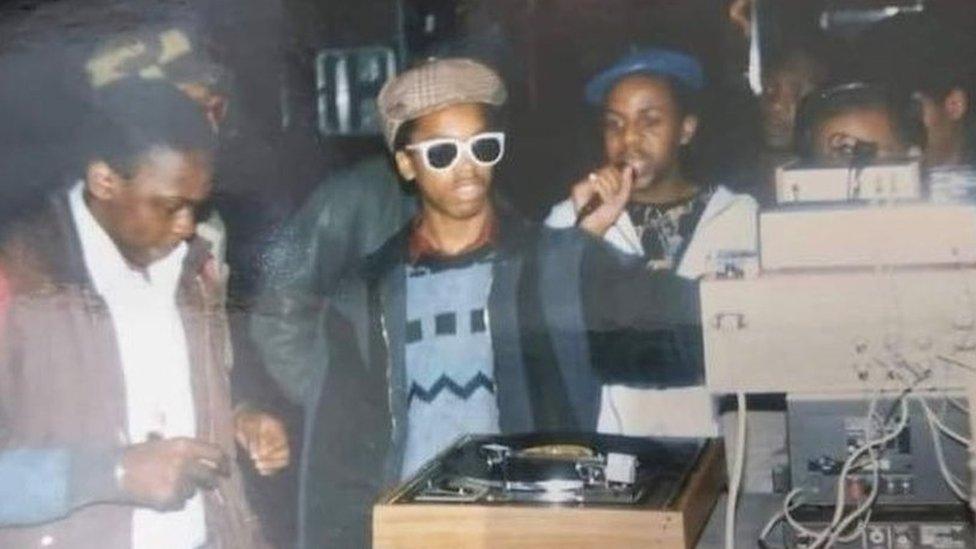Brothers explore hidden history of reggae culture
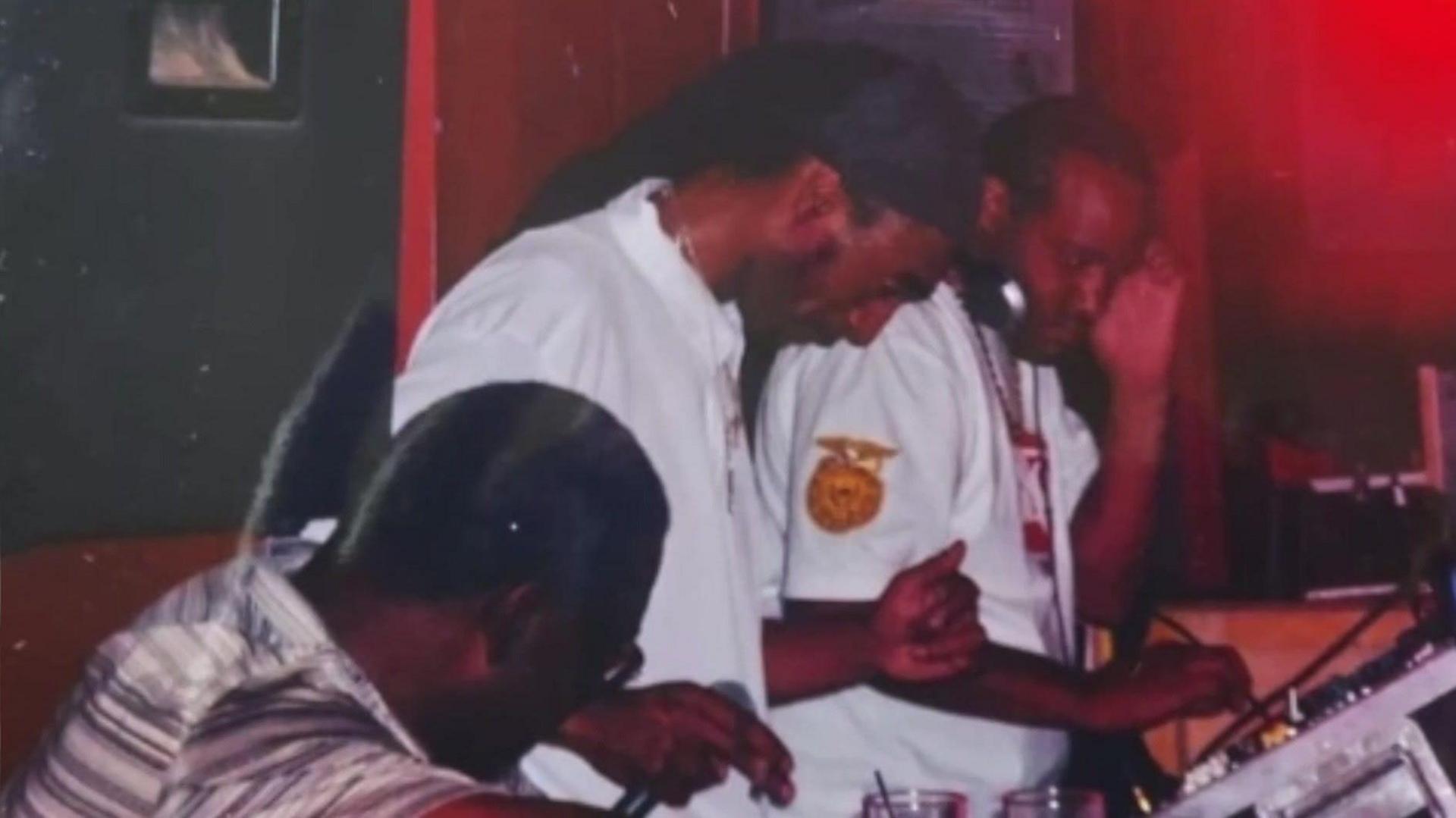
Erroll and Patrick Graham grew up with the genre's explosion in the 1980s
- Published
Two Liverpool brothers have described their mission to preserve the "hidden history" of reggae sound system culture in the city.
During the 1970s and 80s, the city's Toxteth area reverberated with the distinctive bass-heavy music played from homemade sound systems.
The movement had first developed in the UK in the 1950s and 60s when large groups of DJs, engineers and MCs would use a collection of booming speakers.
Patrick and Erroll Graham’s father was one of the pioneers of the Merseyside scene.
The brothers have been working with reggae enthusiast Ashish Joshi, who is documenting the sound systems' movement across the UK in order to preserve the genre's history as part of a special project, including a film.
Erroll Graham said: "The sound system is the backbone of most Afro Caribbean communities.
"I always describe the sound system as our internet, our communication."
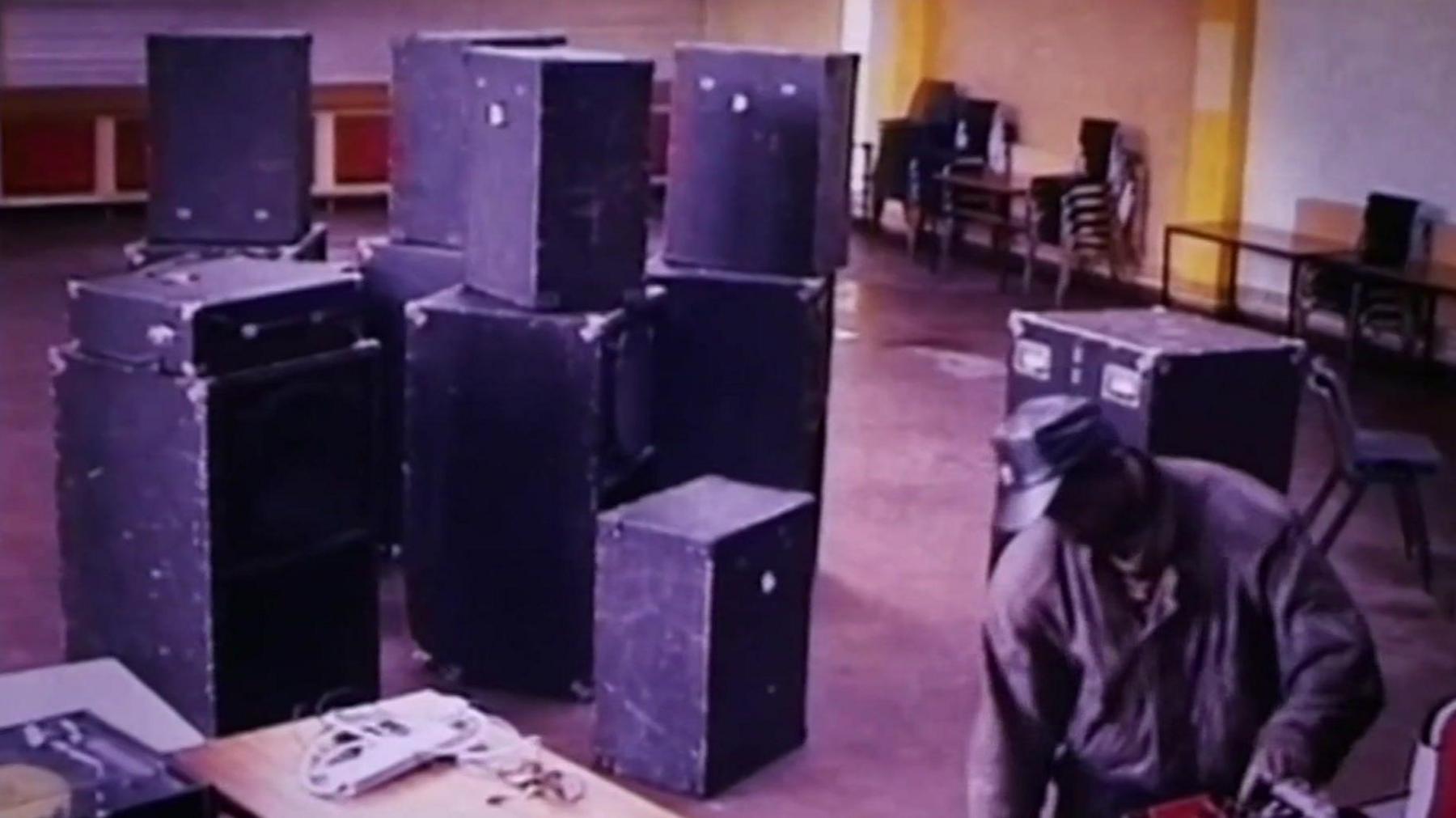
The sound system culture is credited with having a profound influence on British music
Since its emergence during the 1950s, sound system culture has been credited with having a profound influence on British music history - from hip hop to drum and bass and rave.
But Mr Joshi said there was a risk its influence could be forgotten.
"Reggae sound systems in the UK span so many different genres of music and spawned so many different genres of music," he said.
"Drum and bass, jungle, dance music, a lot of the pioneers in the rave scene and other forms of popular music had their roots in the reggae sound systems, and that to a large extent has been forgotten."
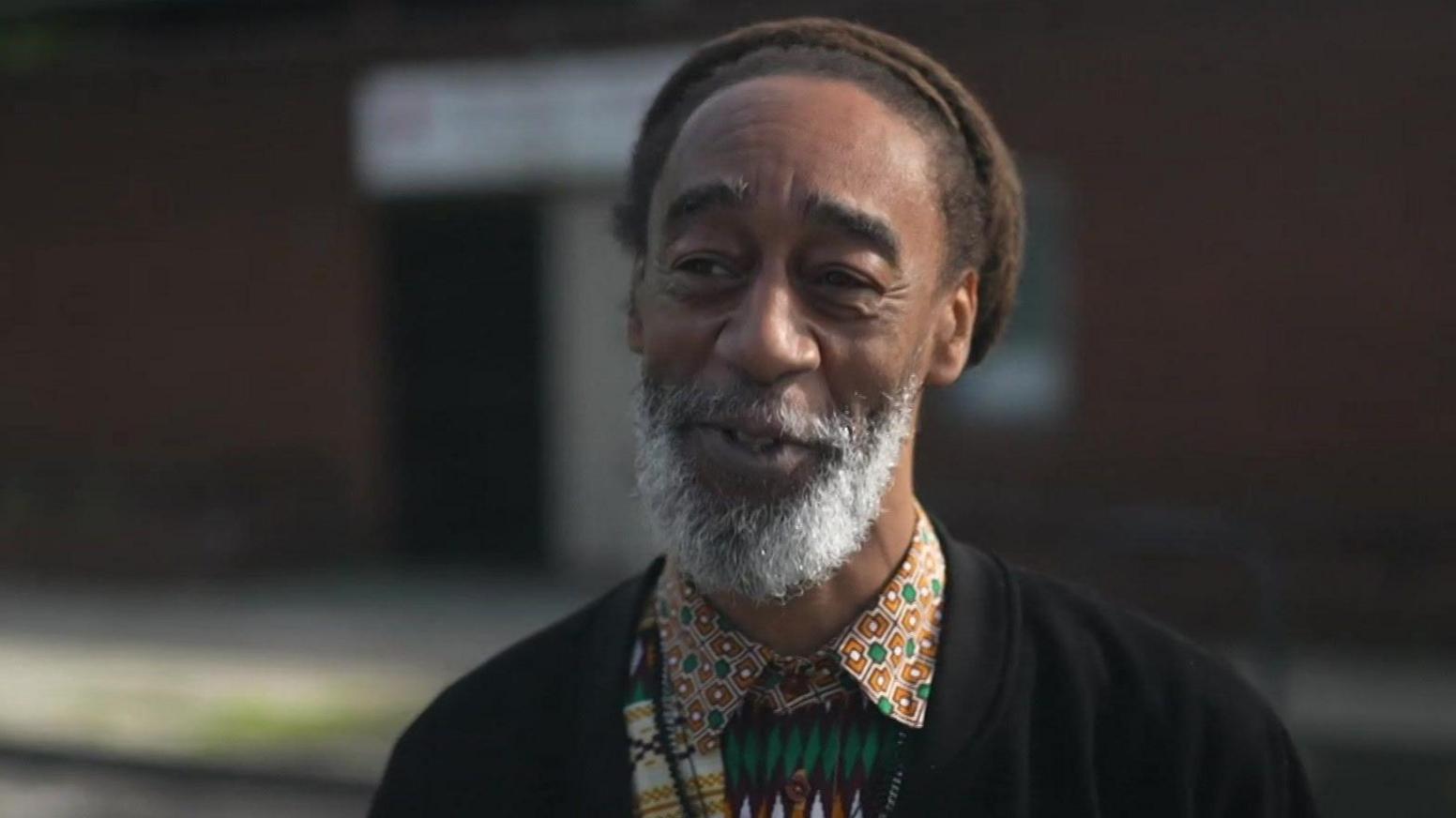
Erroll Graham said the culture was "a comfort" during racial tensions in the 1970s and 80s
He said documenting the movement was "about preserving that history so memories of sound systems will never fade away".
Erroll Graham said: "When our parents came here they weren't accepted in the wider society so they had to create their own entertainment."
He described how as a child he would watch his father and his friends making speaker boxes.
"They built a big sound system. They must have had about 12 speaker boxes,18 inch single boxes," he said.
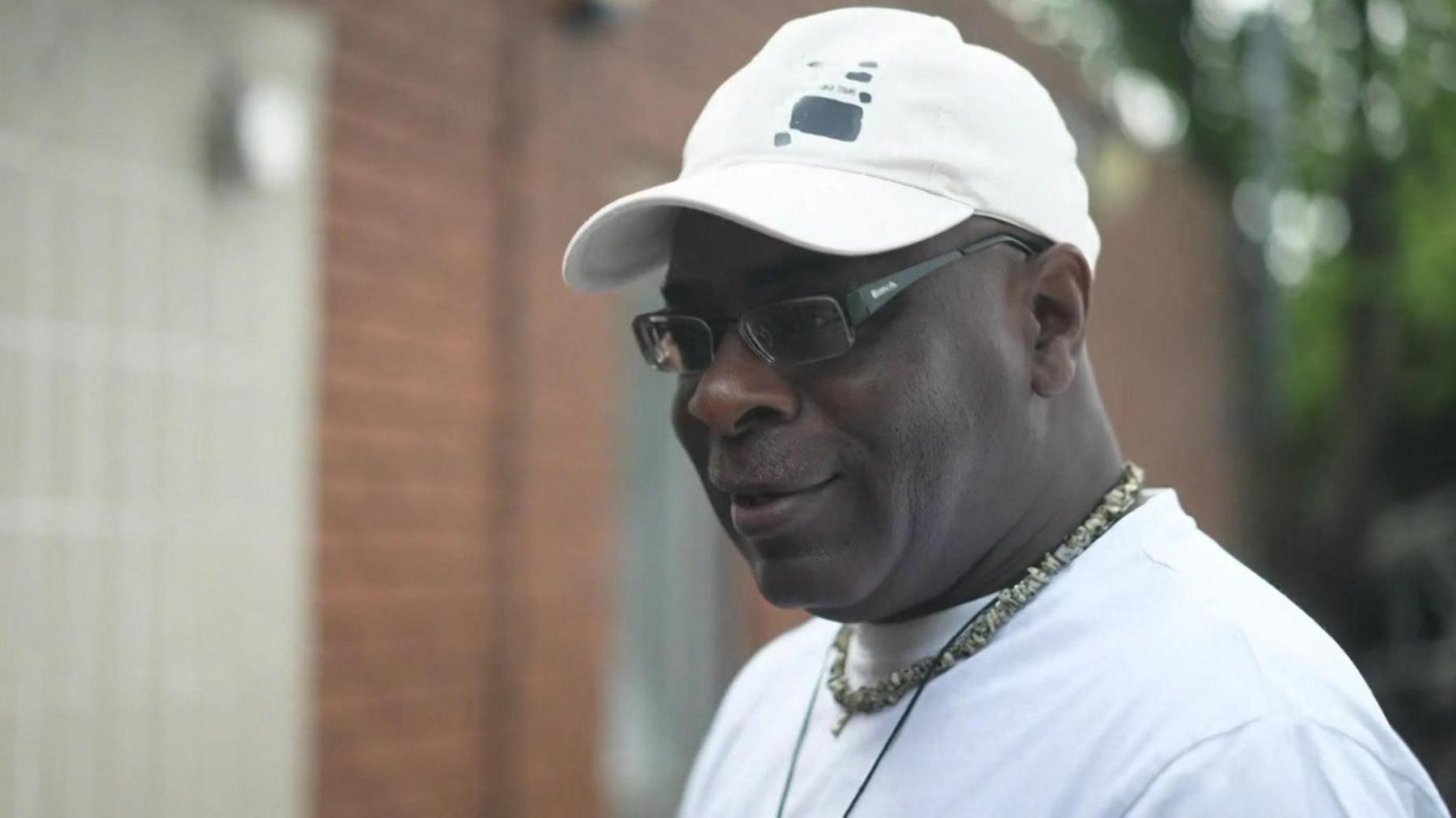
Patrick Graham said the sound system explosion in the 1980s was a "fantastic" time
"You go to bed at night and you'd hear this boom, boom, boom."
During the 1970s and 80s, Erroll Graham also set up his own sound system group.
"There was lots of racial tension in those times so the sound system was a comfort to many of us," he explained.
"We couldn't really feature the local clubs in the city centre so what we had to do was create our own."
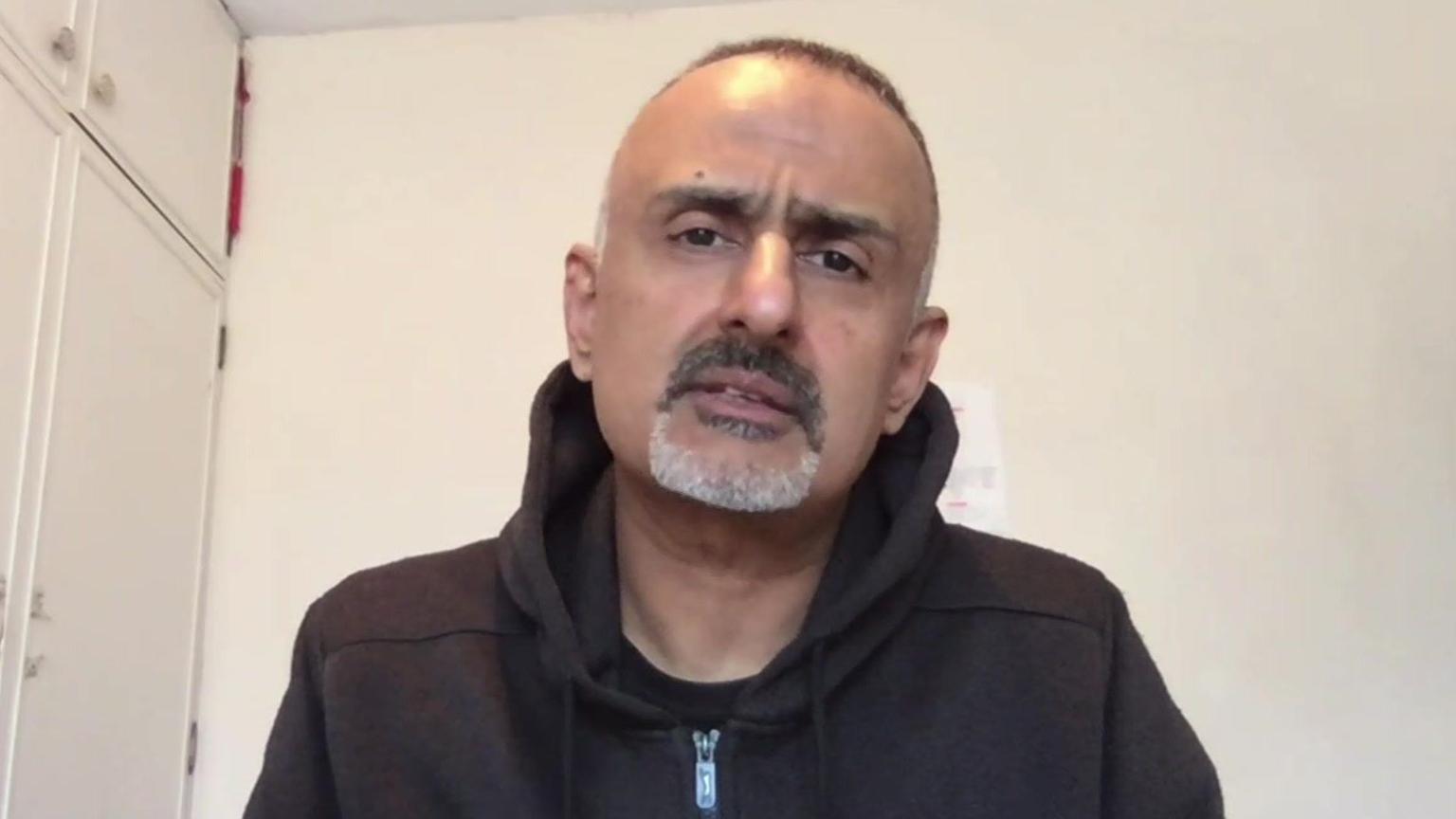
Ashish Joshi said the sound system movement needs to be documented for the future
Patrick Graham described the scenes at Liverpool's African Caribbean Centre at the time as "fantastic".
"Everyone would gather and there would be [great] sounds in here," he said.
The impact and legacy of sound system culture in Liverpool is also the focus of the city's creative arts organisation Writing on The Wall's Black History Month series, external.
Organisers said they were searching for people to share their own stories of Liverpool's sound system culture "to preserve this crucial musical heritage".
Listen to the best of BBC Radio Merseyside on Sounds and follow BBC Merseyside on Facebook, external, X, external, and Instagram, external. You can also send story ideas to northwest.newsonline@bbc.co.uk, external and via Whatsapp to 0808 100 2230.
Related topics
- Published27 March 2022
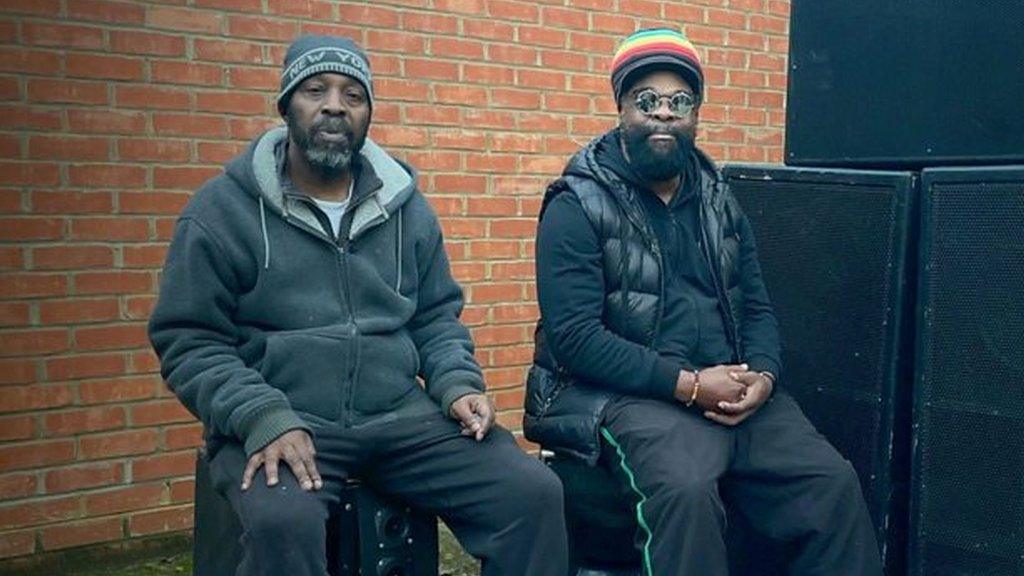
- Published27 February 2024
